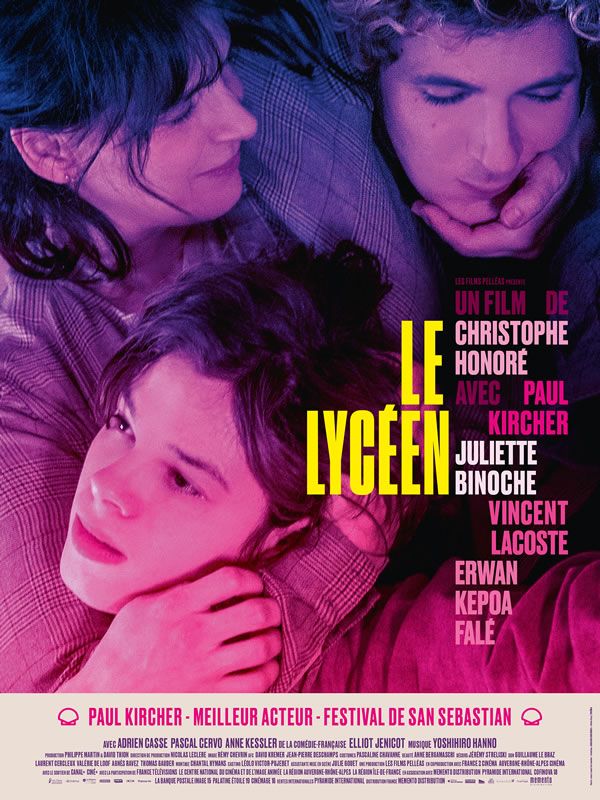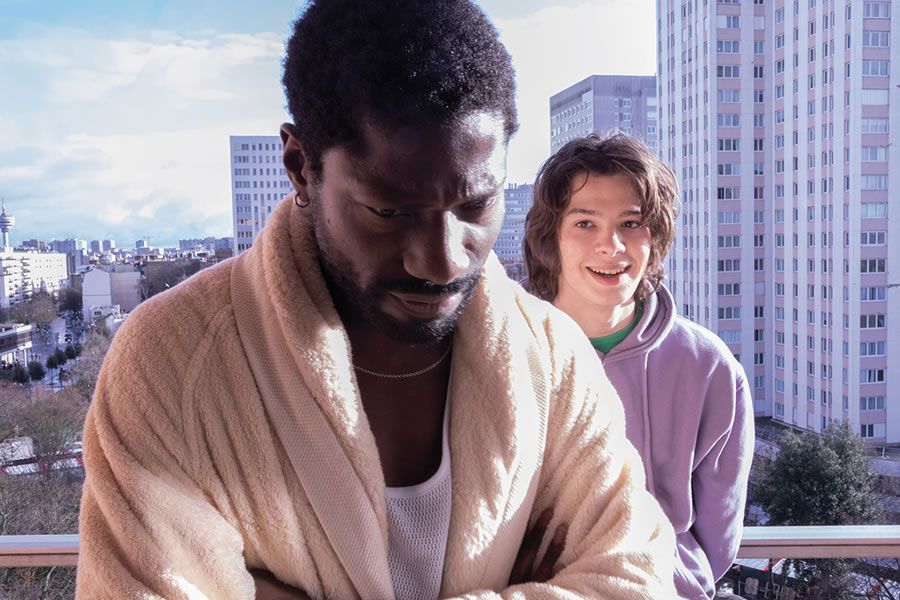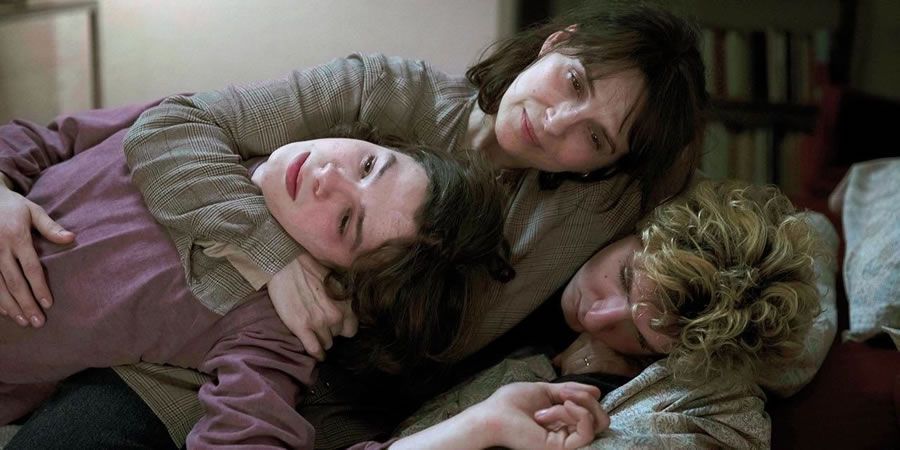06/14/2023
Winter Boy: A Bittersweet Journey of Loss, Maturity, and Luminous Relationships
By Daniel Andrés Ruiz Sierra (@TatoRuiz)
For Lucas, the protagonist of the 14th film by French director Christophe Honoré (My Mother (2004), Love Songs (2007), Beloved (2011), Sorry, Angel (2018)), the death of his father opens a door to maturity and also to chaos. The situation is so cruel for this protagonist that even before the actual death, there is a kind of preview. A premonition. A farewell that could be described as bittersweet and that also leads to a (undoubtedly) conflicted and (if one wishes) luminous relationship with men.
In "Winter Boy," the absence of the father figure is the respective call to turmoil. And in what a way!
Premiered worldwide in the Contemporary World Cinema section of the Toronto International Film Festival 2022 and subsequently at the San Sebastián Festival, where its protagonist won (ex aequo with Carla Quílez from "La Maternal" (Pilar Palomero)) the Silver Shell for Best Actor, it tells the story of Lucas Ronis for whom, as mentioned before, the death of his father signifies a turning point in his life.

After the death (a traffic accident), the respective family reunion takes place, with compassionate hugs, attempts to make believe that everything is fine, and then a mixture of impression and shock. Discussions also arise, and in that family gathering, which also includes the presence of the mother (Juliette Binoche), certain tensions with his older brother Quentin (Vincent Lacoste) begin to resurface, although they are never too deep in any case.
Amid the back and forth, Quentin decides to propose to his brother that he leave school (a boarding school) for a few days and go to Paris with him. Lucas and his mother completely agree. And that trip is a sort of light for Lucas, not only because it implies the first detachment from his place of residence, his primordial place, but also because it is an opportunity for a first flight; to roam freely. It is during (what seems to be) that first flight that he discovers his truest and deepest desire, embodied in Lilio, Quentin's roommate, a man twelve years older than him whom he seems to fall madly in love with. By the way, Lilio is also homosexual. With him, who also creates erotic male drawings and has a musical talent that inspires him (and captivates him), Lucas will also discover the limits and daring of adolescence, the confusion and the intentions to conquer the world when freedom is at hand. In that whirlwind, born of desire and the audacity of adolescence, Lucas also discovers that he is capable of things far beyond his tender age.

Honoré, for whom this film represents revealing, extracting, and unearthing situations and emotions related to how he experienced the loss of his father (at a young age, like the protagonist), constructs a narrative and portrait that is far from artifice. It is so close to reality itself that it even includes the reality of wearing face masks due to the Covid-19 pandemic (the film was shot in late 2021).
In "Winter Boy," the director completely departs from plasticity and farce (common in his filmography), giving it a patina of naturalism, also a result of the personal introspection he set out to do. The film, and its main character, navigate the duality of the conflict that comes with discovering and opening up to the world, of leaping into emotional voids, of succumbing to the reality of living life on the edge. The film is so personal and laden with autobiographical intentions that Honoré even plays the role of Lucas' father, in a way interpreting his own father, paying tribute to that long-absent figure.

Now, alongside all of the above, and the emotional upheaval posed by Honoré that is hard to shake off, we have the participation of Juliette Binoche, portraying a defeated woman but with a will to appear brave in the eyes of her children. Her performance is more than convincing (I don't think there's any way to criticize her), and it never detracts from Paul Kircher, the protagonist who is truly the best part of the film. He is an actor who manages to convey vulnerability, frustration, innocence, and vitality.
Perhaps it is not Honoré's best film; however, it is a work filled with authentic melancholy, dramatic power, great dynamism, and liveliness. You can find it on MUBI Latin America.
<< Go to Spanish version
